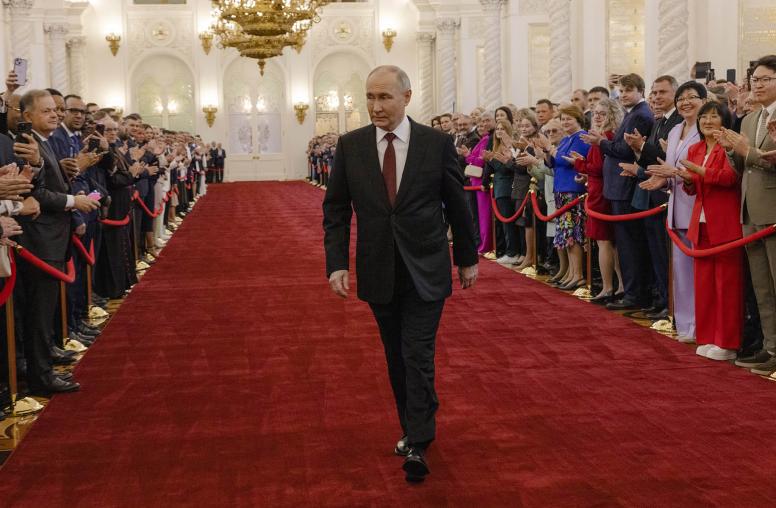Religious Actors and Peacebuilding in Ukraine
The current war in Ukraine involves the intersection of numerous geopolitical and ideological forces — many of which are not explicitly religious. Nevertheless, religion and religious actors have an important effect on the evolution of conflict dynamics, Ukrainian society at large, and prospects for future peacebuilding. USIP’s new report, “Mapping the Religious Landscape of Ukraine,” analyzes the nuanced connections between religion and Ukrainian society — which are crucial to understanding the broader war — and offers lessons that can guide effective, feasible peacemaking and peacebuilding interventions.
On January 18, USIP held a conversation with the report’s authors and other experts on religion in Ukraine. The discussion examined the report’s key findings and offered important insights on the latest developments at the intersection of religion, politics and security in Ukraine today.
Speakers
Peter Mandaville, moderator
Senior Advisor, Religion and Inclusive Societies, U.S. Institute of Peace
Denys Brylov
Co-Founder and Director, European Center for Strategic Analytics (Ukraine)
Tetiana Kalenychenko
Co-Founder and Director, European Center for Strategic Analytics (Ukraine)
Andrii Kryshtal
Project Manager, Conciliation Resources
Catherine Wanner
Professor of History, Anthropology and Religious Studies, Pennsylvania State University
Nicholas Danysenko
Emil and Elfriede Jochum Chair in Theology, Valparaiso University
Mary Glantz, closing remarks
Acting Director, Russia Program, U.S. Institute of Peace



